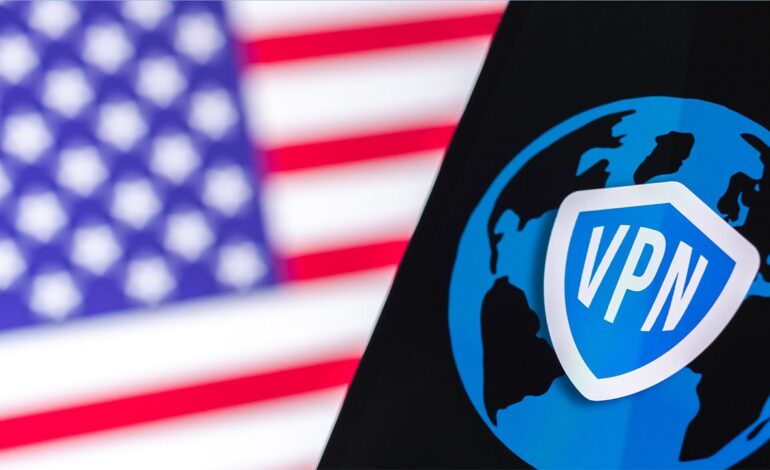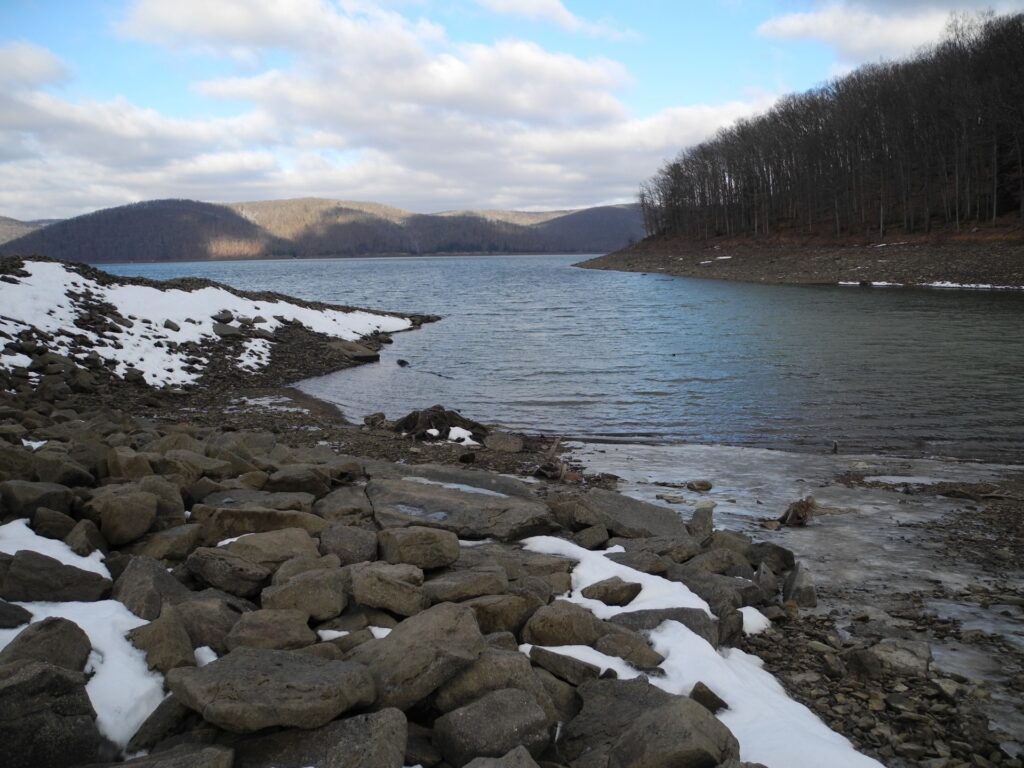Arizona’s VPN Demand Surges as Age Verification Laws Take Effect

Interest in virtual private networks (VPNs) has surged in Arizona following the implementation of age verification laws on September 26, 2025. According to data from Google Trends, Arizona now leads the United States in searches for “VPN,” significantly outpacing the second-ranking state, Maryland. Many residents view VPNs as a means to bypass the new regulations, which require users to provide personal information to confirm their age for accessing certain websites.
The introduction of these laws has raised concerns about cybersecurity. Users must submit sensitive data, which some individuals find problematic. Currently, there are age verification laws active in 24 US states, with several others in various stages of legislative consideration. As interest in VPNs grows, reports indicate an increase in sign-ups, highlighting a national trend.
Search Trends and VPN Sign-Ups
Over the past month, Arizona has witnessed a notable escalation in VPN-related searches. In the two weeks leading up to the law’s enforcement, searches began to climb steadily, culminating in a peak on September 27, 2025. Although interest dipped slightly between September 28 and 30, it appears to be rising again.
Proton VPN confirmed to Tom’s Guide that it has experienced a significant uptick in sign-ups, reporting a 450% increase in Arizona compared to its baseline figures. As one of the fastest VPNs currently available, Proton VPN also offers a free version, making it an attractive option for those seeking to navigate the new regulations without incurring costs.
Google Trends data indicated that searches for “Proton VPN download” have surged, alongside inquiries about other popular VPN services, including “NordVPN” and “VPN for Safari.” Notably, while NordVPN is not free, its lowest subscription rate is $3.09 per month for a 27-month package.
Further analysis revealed several rising search terms related to VPNs in Arizona, such as “best VPN” and “VPN free.” This suggests a growing curiosity and willingness among Arizonans to explore these privacy tools.
Wider Implications Across the United States
Arizona is not alone in implementing age verification laws. Ohio’s legislation took effect on September 30, 2025, and the state has also seen an increase in VPN interest, albeit at a lower level than Arizona. The period surrounding the enforcement of these laws led to a spike in VPN searches in Ohio, with related terms like “VPN for Netflix” gaining traction.
Missouri is set to implement its own age verification laws on November 30, 2025. Although VPN searches in Missouri have not reached the highs seen in Arizona or Ohio, there is an expectation that interest will rise as the effective date approaches.
In contrast, Michigan has yet to pass its age verification legislation. However, a proposed bill aims to ban VPN usage entirely, labeling these tools as “circumvention tools.” If enacted, this legislation would impose severe penalties for promoting VPN services, raising concerns about potential internet censorship and the impact on online privacy.
Debate Over Age Verification Laws
The effectiveness of age verification laws in combating cybercrime and protecting children online remains a contentious issue. Privacy advocates, including Laura Tyrylyte from NordVPN, acknowledge the motivations behind the laws but express concerns regarding the risks of data breaches and the compromise of personal information.
Tyrylyte suggests that device-level controls, such as parental control tools, may be more beneficial in managing children’s internet access than blanket age verification laws. She emphasizes the need for increased awareness and adoption of these tools as a means of safeguarding online privacy.
As the digital landscape continues to evolve, the surge in VPN interest in Arizona and beyond reflects a growing awareness of online privacy challenges. As regulations tighten, the demand for privacy tools like VPNs is likely to increase, prompting further discussions on the balance between safety and privacy in the digital age.






